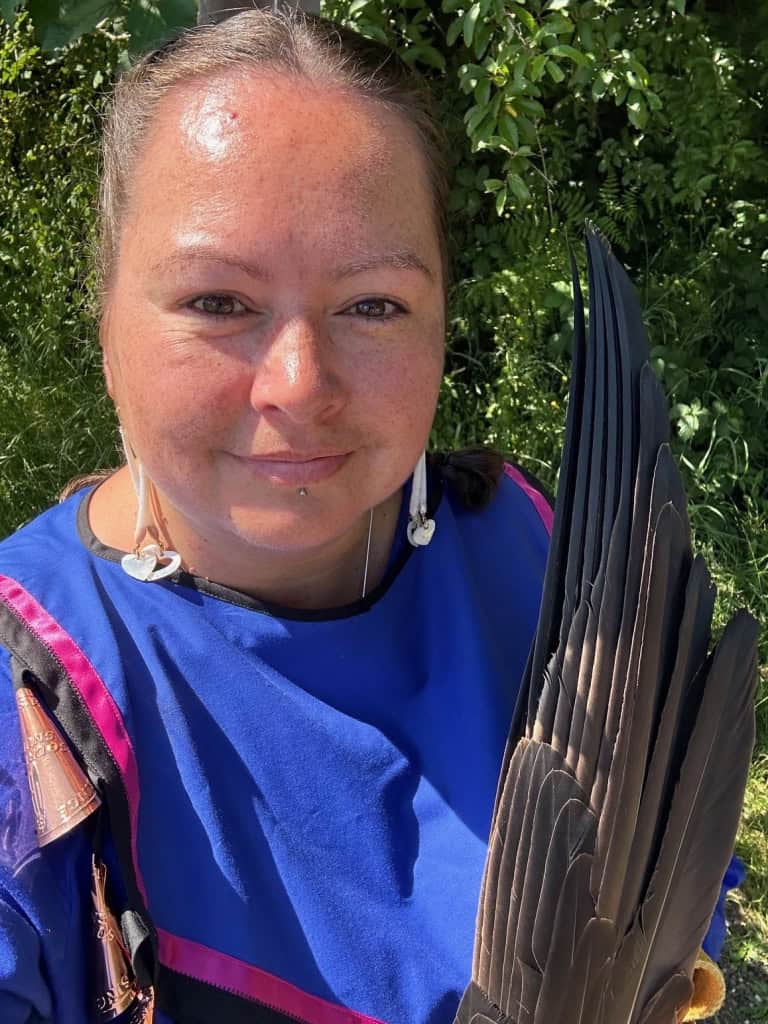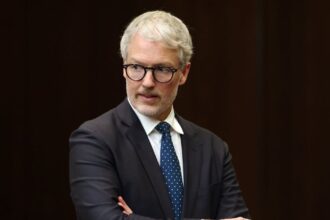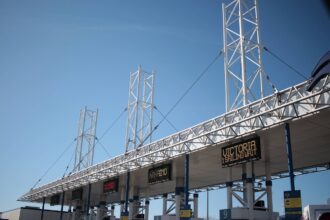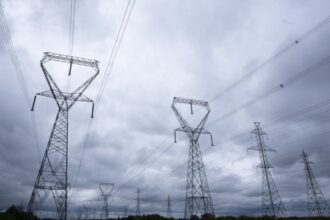In a significant step toward strengthening Indigenous education in Vancouver Island’s school system, Comox Valley Schools has appointed Aabawasige Jeannine Walker as the new District Vice-Principal of Indigenous Education. This strategic leadership appointment signals the district’s deepened commitment to advancing reconciliation and Indigenous education priorities within its educational framework.
Walker, who brings extensive experience in Indigenous education advocacy, formally assumed her role earlier this month after serving as acting vice-principal since September 2022. Her appointment comes at a pivotal moment when educational institutions across Canada are intensifying efforts to integrate Indigenous perspectives and knowledge systems into curriculum and school cultures.
“This appointment reflects our ongoing commitment to advancing the calls to action from the Truth and Reconciliation Commission,” noted Superintendent Tom Demeo in the official announcement. “Jeannine’s leadership has already demonstrated how Indigenous ways of knowing can enrich our educational environment for all students.”
Walker’s professional background includes significant contributions as a District Indigenous Education teacher and as an educator at École Puntledge Park Elementary, where she helped develop culturally responsive teaching practices. Her approach emphasizes the importance of land-based learning and building authentic connections with local Indigenous communities.
“Education serves as a critical pathway toward reconciliation,” Walker explained in her acceptance statement. “My vision centers on creating learning environments where Indigenous students see themselves reflected in their education, and where all students develop meaningful understanding of Indigenous histories, cultures, and perspectives.”
The Comox Valley school district serves a diverse student population that includes learners from K’ómoks First Nation and other Indigenous communities. Walker’s appointment aligns with the district’s Indigenous Education Enhancement Agreement, which focuses on improving educational outcomes for Indigenous students while enriching cultural understanding across the entire student body.
Provincial education officials have praised the appointment as exemplifying best practices in educational leadership selection. The role encompasses curriculum development, teacher mentorship, community relationship building, and implementing the BC Ministry of Education’s Indigenous education policy framework.
Community response has been overwhelmingly positive, with local Indigenous leaders expressing optimism about Walker’s ability to foster stronger connections between traditional knowledge systems and contemporary education. Her previous initiatives have included cultural celebration events, Elder involvement programs, and professional development for educators on Indigenous teaching methodologies.
This leadership transition occurs against the backdrop of broader national conversations about decolonizing education and implementing the educational recommendations from the Truth and Reconciliation Commission. Educational researchers have consistently identified leadership representation as a critical factor in creating sustainable change in how Indigenous perspectives are integrated into school systems.
As Walker steps into this expanded leadership role, she faces both challenges and opportunities in navigating the complex landscape of Indigenous education in a public school system. How will this appointment influence the educational experiences of both Indigenous and non-Indigenous students in the years ahead, and what lessons might it offer to other districts working toward similar goals of educational reconciliation?










